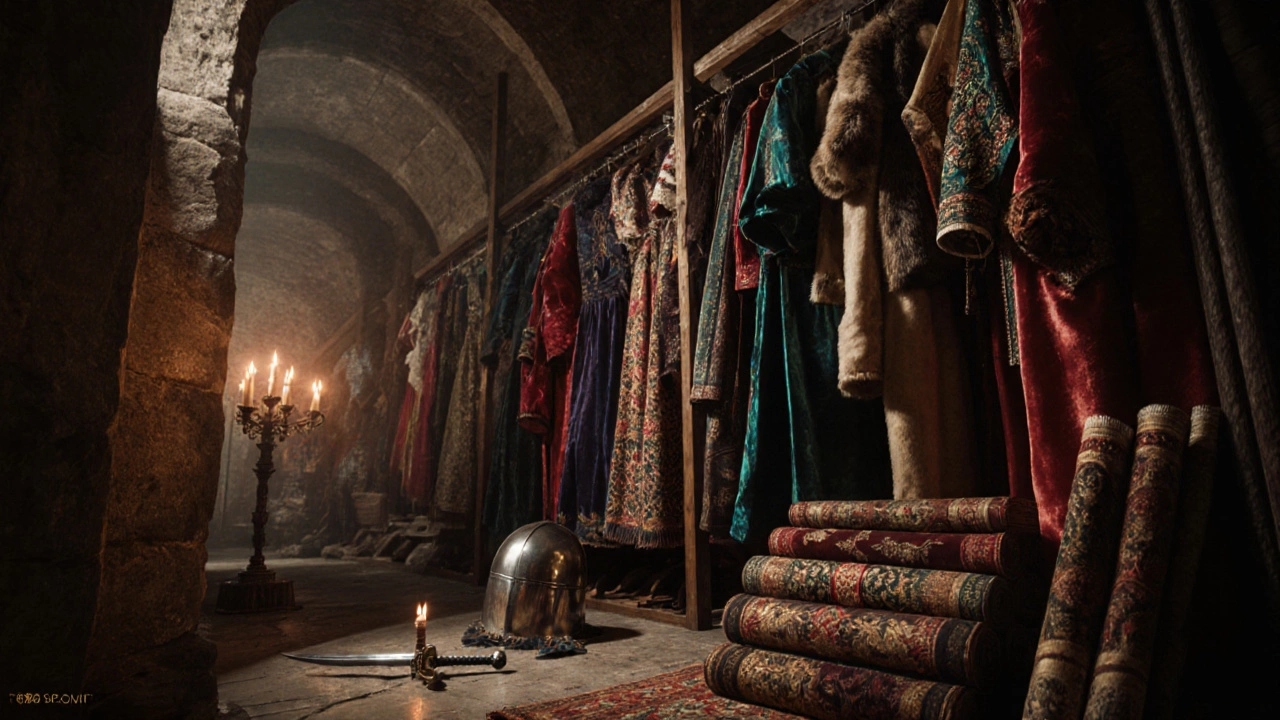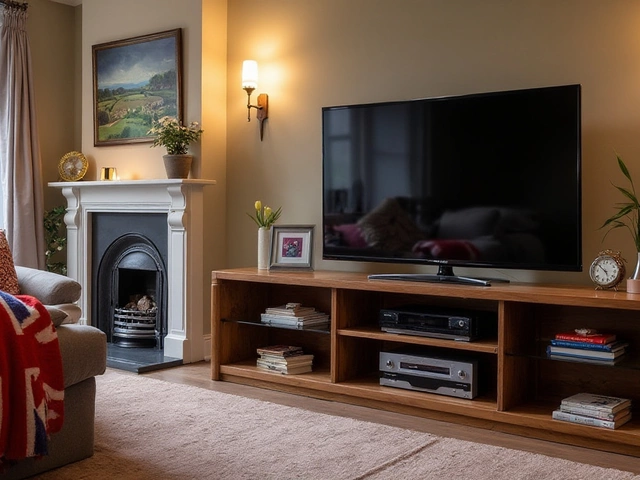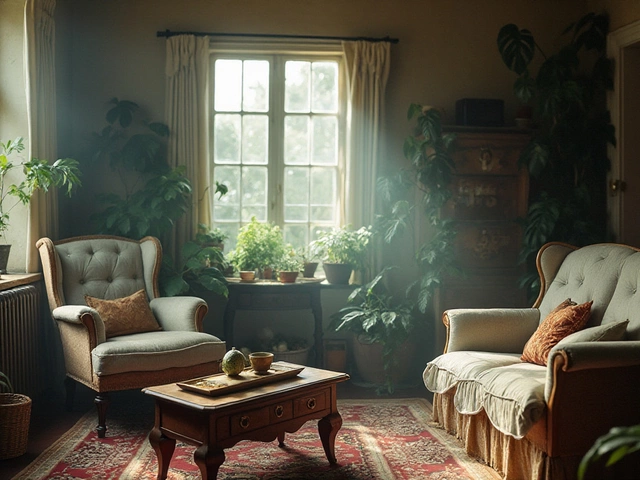King's Wardrobe: Everything You Need to Know
When talking about King's Wardrobe, a term that historically refers to a grand, often built‑in furniture piece used for storing clothing and valuables. Also known as royal wardrobe, it has evolved into a modern design concept that blends functionality with statement‑making style. A closet, a smaller, usually freestanding storage unit found in most homes is a sibling of the King's Wardrobe, while an armoire, a tall, freestanding cabinet often featuring decorative doors offers a more decorative alternative. Together, these pieces shape how we organize our homes.
The King’s Wardrobe encompasses open wardrobe concepts, where doors are replaced by sleek shelving to showcase outfits. This design choice influences room aesthetics because it promotes visibility and easy access, which can improve morning routines. An open wardrobe requires thoughtful lighting and dust‑control strategies, linking the furniture choice directly to interior design tactics. Meanwhile, traditional wardrobes with doors provide protection from dust and help maintain garment quality, illustrating how the choice between open and closed storage affects both style and preservation.
Key Factors When Choosing Your Royal‑Inspired Storage
Choosing the right piece starts with assessing space, usage, and personal taste. A King’s Wardrobe often demands a dedicated wall or alcove, so measuring floor‑to‑ceiling height becomes critical—a semantic triple: "King's Wardrobe requires ample vertical space." Materials matter too; solid wood offers durability, while engineered MDF can be cost‑effective but may warp in humid conditions. This ties to the idea that "material selection influences longevity," a clear link between furniture construction and maintenance needs.
Another important entity is the storage solution, the broader category that includes wardrobes, closets, armoires, and modular units. Effective storage solutions often integrate accessories like pull‑out drawers, built‑in lighting, and adjustable shelves. These features enable better organization and reduce clutter, demonstrating that "accessories enhance functionality". For families, a modular wardrobe system can grow with changing needs, while a single‑piece armoire might satisfy a lover of vintage charm.
While aesthetics drive many decisions, functionality can’t be ignored. A King’s Wardrobe that includes hanging rods, shoe racks, and pockets aligns with the semantic triple: "King's Wardrobe includes multiple storage zones". This multi‑zone approach helps separate different garment types, lowering the risk of fabric damage. Similarly, a well‑designed closet offers a clear hierarchy of storage—long‑hanging space for dresses, shorter sections for shirts—showing that "design hierarchy improves usability".
Maintenance is another angle that links these entities. Wood furniture, whether a wardrobe, armoire, or open shelving system, reacts to temperature and humidity. Using a dehumidifier in damp climates slows warping, underscoring the triple: "Environmental control protects wood furniture". Regular dusting and occasional polishing keep finishes vibrant, especially for high‑gloss wardrobes that act as room focal points.
Budget considerations also shape choices. A custom King’s Wardrobe may cost several thousand pounds, but the investment brings tailored dimensions and premium hardware. Conversely, a ready‑made closet system offers affordability but may lack perfect fit. This relationship forms the triple: "Budget influences customization level". Knowing where to compromise—such as opting for a mix of built‑in wardrobe sections and freestanding armoires—helps balance cost and style.
For those who love a touch of history, an armoire can evoke classic charm, while an open wardrobe feels contemporary. The decision often reflects lifestyle: frequent dress changes favor open designs, whereas collectors of delicate fabrics prefer enclosed wardrobes. This illustrates the triple: "Lifestyle determines storage style". Understanding personal routines makes the selection process smoother and ensures the chosen piece serves its purpose daily.
Finally, placement within a room affects flow. A King’s Wardrobe positioned opposite a mirror creates a dressing area, while a corner closet can free up central floor space. Aligning storage with natural light sources reduces the need for extra lighting, reinforcing the connection that "room layout impacts lighting needs". Thoughtful placement also prevents traffic bottlenecks, enhancing overall living comfort.
Now that you’ve seen how wardrobes, closets, armoires, and open storage intersect, you’re ready to explore the articles below. Each post dives deeper into specific tips—whether it’s protecting wood in unheated garages, picking the right sofa color, or mastering the 3‑5‑7 decorating rule for bookcases. Use this foundation to pick the perfect King’s Wardrobe solution for your home.



